Schlagwortarchiv für: englisch lernen
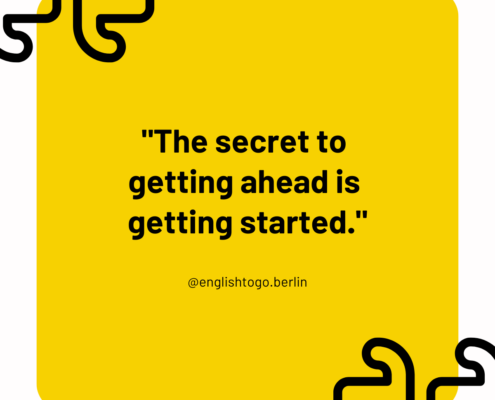
Back to the Start: How Native English Speakers Talk About Starting Things
They say the secret to getting ahead is getting started, but how will people know you’re getting ahead if you don’t tell them what you’re starting?
Native English speakers use a lot of nuanced and elaborate expressions and idioms…
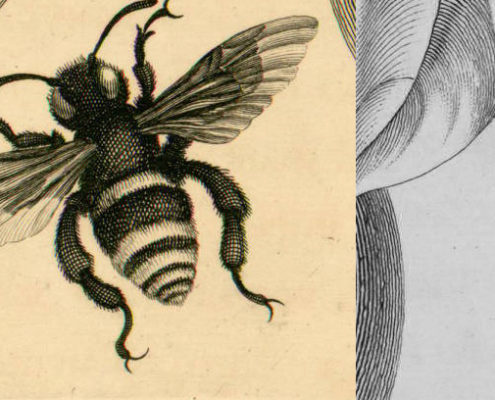
My favourite english idiom
Was bedeutet bees knees auf Deutsch?

Different or other?
Wie schreibt mann andere auf englisch?
 https://www.english-to-go.info/2016/wp-content/uploads/2018/05/coffee-to-go.jpg
399
640
doreen
https://www.english-to-go.info/2016/wp-content/uploads/2020/02/englishtogo_Logo_RGB.png
doreen2018-05-15 15:18:582018-06-27 16:43:13A favourite english expression
https://www.english-to-go.info/2016/wp-content/uploads/2018/05/coffee-to-go.jpg
399
640
doreen
https://www.english-to-go.info/2016/wp-content/uploads/2020/02/englishtogo_Logo_RGB.png
doreen2018-05-15 15:18:582018-06-27 16:43:13A favourite english expression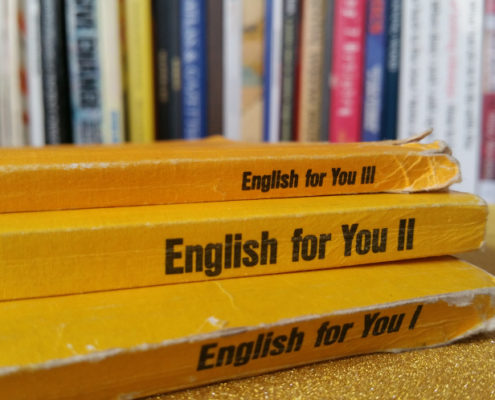 https://www.english-to-go.info/2016/wp-content/uploads/2018/05/english-for-you-book-spine.jpg
498
886
doreen
https://www.english-to-go.info/2016/wp-content/uploads/2020/02/englishtogo_Logo_RGB.png
doreen2018-05-03 15:00:282018-06-27 16:43:24Old GDR english textbooks
https://www.english-to-go.info/2016/wp-content/uploads/2018/05/english-for-you-book-spine.jpg
498
886
doreen
https://www.english-to-go.info/2016/wp-content/uploads/2020/02/englishtogo_Logo_RGB.png
doreen2018-05-03 15:00:282018-06-27 16:43:24Old GDR english textbooks
Der Himmel oder der Himmel? The sky or heaven?
Wann benutze ich "sky" und wann "heaven" als Übersetzung für den "Himmel"?
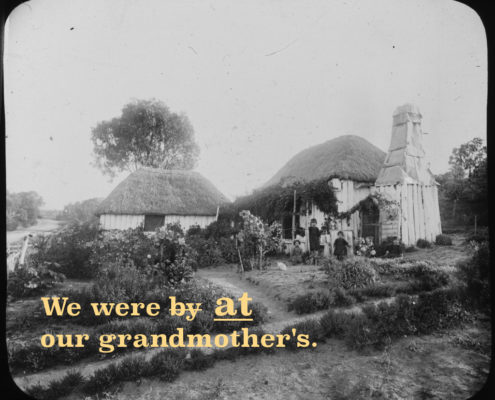
Bei ≠ by
Wie schreibt man "Bei der Oma" auf englisch? Benutzt man "by" oder "at"?

Du kannst schwimmen, oder?
Wie benutzt man "oder" in Fragestellungen auf englisch?
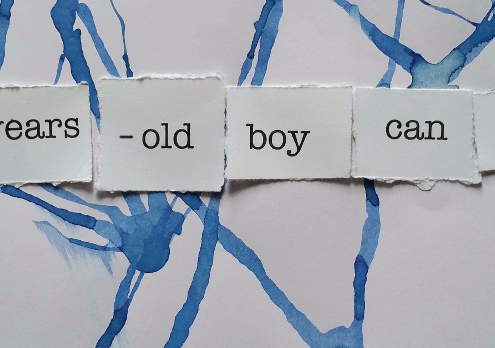
Year or years?
Describing someone by their age is always tricky, should I write year-old or years-old?
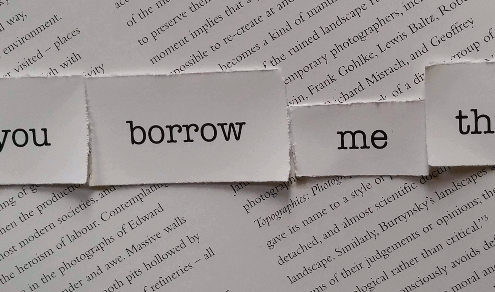
Borrowing and lending
Lend me or borrow me? See which one is correct on our english grammar blog.

Denglish to english in easy steps
How do you talk about your interests in english?
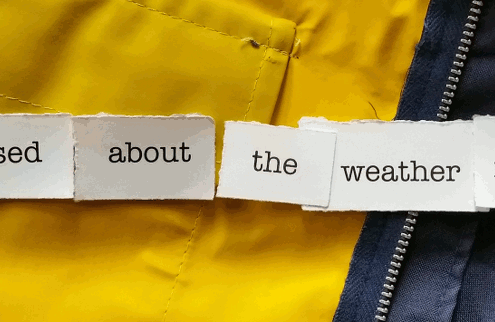
Discuss or discuss about?
Discussing and talking are two things we do often, find out how to use these verbs correctly.

About exams and notes
Have you just finished your exams? Are you waiting for the results? Have a look at this grammar post about a common mistake.
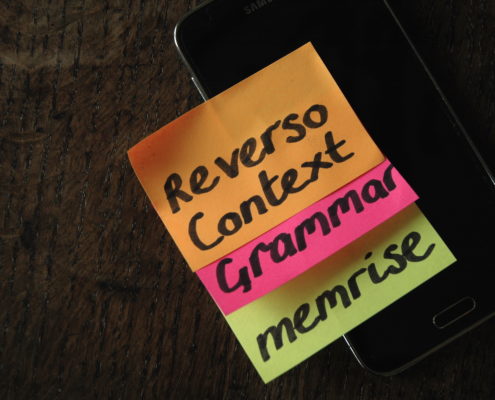
More english learning apps
Practise english with an app. We check out Memrise, Reverso Context and the British Council's Learn English Grammar app.
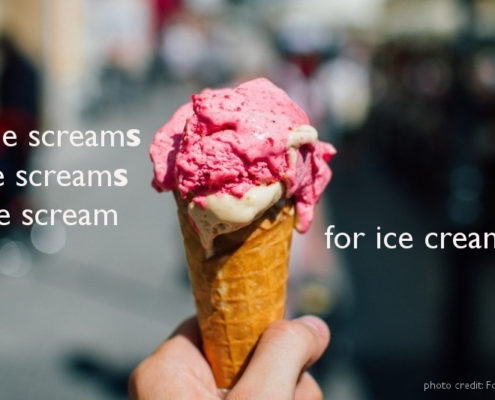
She screams and he screams
A sweet way to remember to add the "s" verb ending in english, when you talk about a "she" a "he" or an "it".
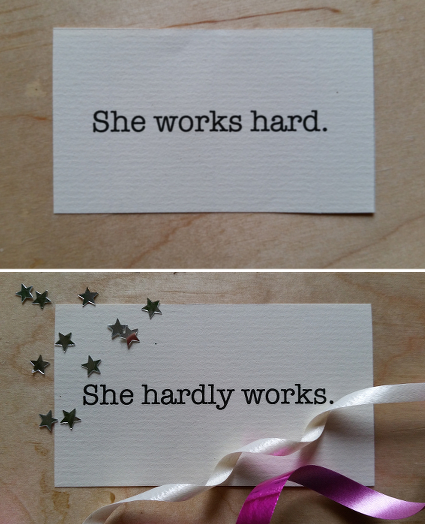
Hard or hardly, what is the difference?
You may know the general rule in english, add “ly” to the end of an adjective to make an adverb, that is a word which describes how a verb or an action took place . Like quiet and quietly, slow and slowly. But hard and hardly are exceptions.
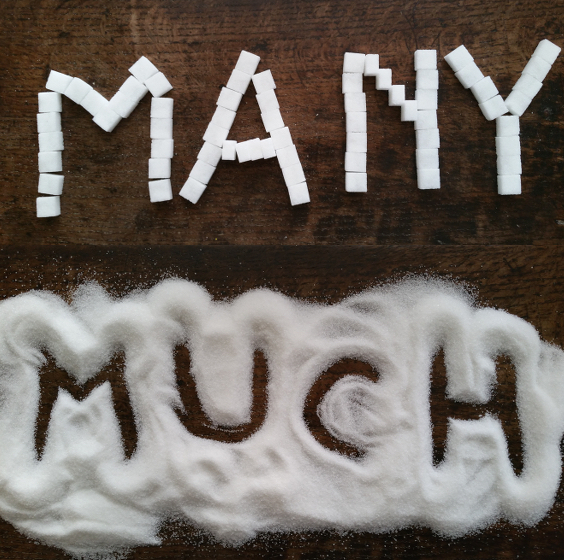
Much or many? Which word is right?
So when should you say "too much" or "too many" in english?
